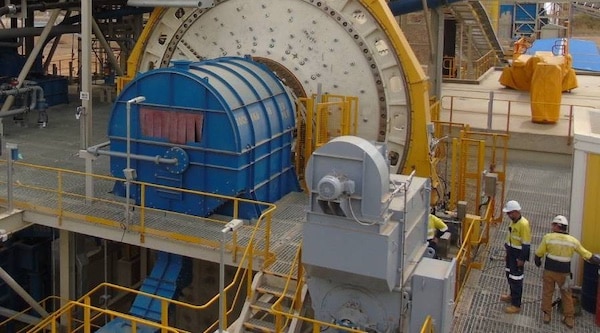Burkina Faso will nationalize two gold mines at a cost of about U.S. $80 million. The Boungou and Wahgnion mines were sold last year by London-listed Endeavour Mining to Lilium Mining for U.S. $300 million. On August 27, the mines were purchased by Burkina Faso’s government for a fraction of this cost.
“This strategic move is aimed at reclaiming Burkina Faso’s mineral wealth,” said Joe Hotagua of African Streams,
ensuring that a larger portion of the profits benefits Burkinabe people.
Endeavour Mining is based in London, UK, and claims to be the largest gold producer in West Africa. It also possesses assets in Senegal and Ivory Coast. Recently, allegations of serious misconduct have been levied against its mining operations in Ivory Coast.
In April of this year, Endeavour Mining was accused of misleading West African-based Lilium Mining and overvaluing the mines. As a result, Lilium Mining appears to have withheld payment due to Endeavour Mining. The two companies were embroiled in court proceedings; as part of the agreement with Burkina Faso’s government, this dispute will be terminated.
Among its stated goals, which draw inspiration from Thomas Sankara and Pan-Africanism, Burkina Faso’s administration has promised to assert control over its national resources. In February 2023, Traoré’s government expelled France’s military from the country. In November of that year, the landlocked country’s Council of Ministers approved the construction of Burkina Faso’s first gold refinery. In July of 2024, Burkina Faso, Niger, and Mali formed the Alliance of Sahel States (AES).
According to the World Gold Council’s 2023 figures, Burkina Faso is the 13th-largest gold producer in the world, producing about 100 tons, equivalent to about U.S. $6 billion in value, each year. Because most of the gold is exploited by private corporations based in Europe and the West, the total annual GDP of the entire Burkinabe economy, however, is only about U.S. $18 billion. In September 2023, it was reported, for example, that Canadian companies own about U.S. $1.8 billion of Burkina Faso’s gold resources.
“We are going to get our mining licenses back,” Burkina Faso’s President Ibrahim Traoré stated earlier this year,
and we are going to mine it ourselves.
As Hotagua explained,
The nationalization process involved renegotiating contracts with foreign entities and asserting more substantial control over the mining operations, directly impacting several international mining firms such as B2 Gold, Nordgold, and Endeavour Mining. This initiative by Ibrahim Traoré is not just about economic sovereignty but also reflects broader intention to break from national economic patterns and foster self-sufficiency. The implications of this move are profound, promising increased government revenue and more resources for crucial sectors such as education, healthcare, and infrastructure.

